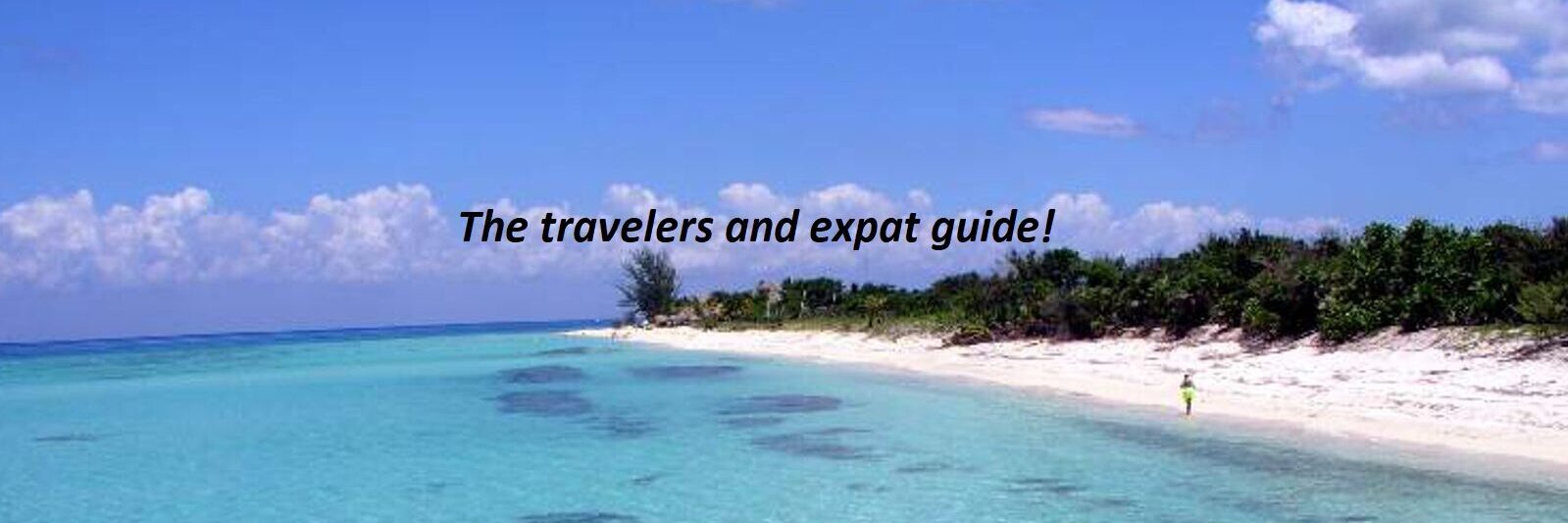Connecting the Mayan World
The Tren Maya project is a massive infrastructure. It will connect the Mexican states of Yucatan, Quintana Roo, Campeche, Chiapas, and Tabasco. The project is a priority of the Mexican government, with an estimated investment of $7.5 billion USD. The new train system will cover approximately 1,500 kilometers of track and will connect 15 stations. This will allow tourists to explore the rich history and cultural heritage of the Mayan World.
Route and Stations
The Tren Maya project will have four main routes that will connect 15 stations, including major tourist destinations such as Cancun, Playa del Carmen, and Tulum. The first route will connect Palenque, in the state of Chiapas, with Cancun in Quintana Roo. The second route will connect the cities of Escarcega, Campeche, and Merida, while the third route will connect Valladolid, Cancun, and Tulum. Finally, the fourth route will connect the states of Tabasco, Chiapas, and Yucatan.
The 15 stations along the Tren Maya route will offer visitors access to some of the most stunning natural landscapes, cultural heritage, and archaeological sites in Mexico. Among the most prominent stations are Palenque, Calakmul, Merida, Tulum, and Cancun. Visitors will be able to take in the breathtaking scenery of the Caribbean Sea and the lush jungles of the Yucatan Peninsula while immersing themselves in the rich history and culture of the region.
Price and Schedule
The Tren Maya project is expected to be completed by 2023, with the first section scheduled to open in June of that year. Tickets will be sold at different price points, depending on the level of service required. The basic ticket will offer a comfortable seat with air conditioning, while the premium ticket will include private compartments with amenities such as a minibar and a personal concierge.
The prices for the Tren Maya tickets will vary depending on the route and the level of service required. A basic ticket from Cancun to Tulum is expected to cost around $40 USD, while a premium ticket for the same route is expected to cost around $90 USD. Prices for longer routes, such as the one from Palenque to Cancun, are expected to range from $100 USD to $250 USD, depending on the level of service selected.
Benefits of the Tren Maya Project
The Tren Maya project is expected to bring numerous benefits to the region and the country as a whole. The project will create jobs and stimulate economic growth by promoting tourism and boosting local businesses. It is estimated that the Tren Maya project will create over 80,000 jobs during the construction phase. Also 18,000 permanent jobs once the project is completed.
In addition to the economic benefits, the Tren Maya project will also help to preserve the rich cultural heritage of the Mayan World. The train system will make it easier for visitors to access archaeological sites and cultural centers. Allowing them to learn more about the ancient civilizations that once thrived in the region. The project is also expected to help reduce carbon emissions. Promoting sustainable tourism and reducing the number of cars on the road.
Price and Schedule
The Tren Maya project is expected to be completed by 2023, with the first section scheduled to open in June of that year. Tickets will be sold at different price points, depending on the level of service required. The basic ticket will offer a comfortable seat with air conditioning. The premium ticket will include private compartments with amenities such as a minibar and a personal concierge.
The prices for the Tren Maya tickets will vary depending on the route and the level of service required. A basic ticket from Cancun to Tulum is expected to cost around $40 USD. A premium ticket for the same route is expected to cost around $90 USD. Longer routes, such as the one from Palenque to Cancun, are expected to range from $100 USD to $250 USD. All will be depending on the level of service selected.


